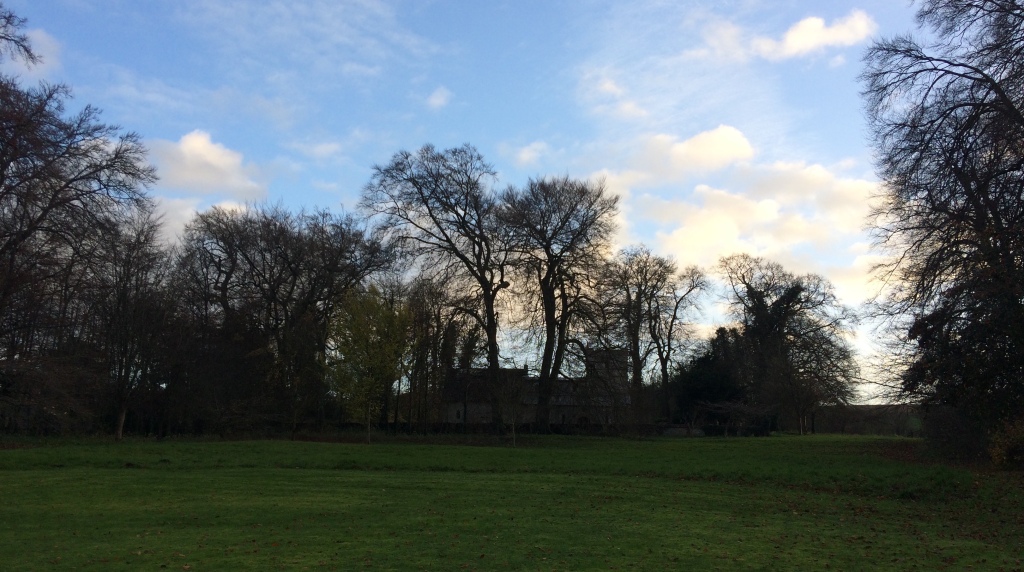A reflection on the Feast of Christ the King
For I was hungry and you gave me food, I was thirsty and you gave me something to drink, I was a stranger and you welcomed me, I was naked and you gave me clothing, I was sick and you took care of me, I was in prison and you visited me. (Matthew 25.35-36)
This coming Sunday the Church celebrates the feast of Christ the King. It is the last Sunday of the liturgical year, with Advent starting next week. We start the Christian year with looking towards Christmas, the birth of Jesus as a vulnerable baby, and we end the year by reminding ourselves of the authority of Christ as King. Although this may seem a straightforward movement from weakness to power, the opposite is true: at both occasions we see that power and weakness are not what they seem to be, and at both occasions we are reminded that what was, what is, and what will be, are inextricably linked.

This may sound rather abstract, but I would like to suggest that it is a particular way of looking at our day-to-day experiences: a way of looking that makes us more attentive to what is not yet in the present, as well as helping us to be in the present when we are anxious or worried about what may lie ahead of us. And yes, this is linked to realising the fragility of power, and the authority of weakness.
For example in our encounters with others. Psychologists have shown that it takes us only seven seconds to judge a person when we first meet them – and I am afraid that I myself may be even quicker … Within seven seconds we have decided whether we like a person, or not; whether they are competent, or not; and whether they are weak or powerful. Instantly, we judge people in relationship to ourselves.
However, if we take the time and have the grace to really meet them, we quickly realise that they are not who we thought they were, and I would suggest that we quickly start realising that they are more like us than we thought they were too. When someone starts talking about what inspires them, the things and the people they love: when they start talking about who they really are, it is hard not to begin to like them. And to begin to see that what we didn’t like about them may have come from the same or similar shortcomings we see and dislike in ourselves.
When we come to this point in an encounter, that is where the now and not yet meet. We have formed a relationship that mirrors the relationship that God wants to have with us, a relationship that is mutual, based on love and respect. At the same time, when see the other’s weakness and in it our own, we realise the responsibility we share towards one another, and God’s authority in that. At the moment when we can see Christ in the other that we can see Christ in ourselves. It is when we see our human weakness as a strength that we no longer need any false security and power.
Tomorrow we will read exactly that in Matthew’s Gospel when Jesus speaks about the final judgement in the verses quoted about: our encounter with the other is modelled on God’s encounter with us. All this is captured in a poem by R.S. Thomas, appropriate for Christ the King. It may help us to see that the only thing we really need our trust in God and our faith that we are made in his image. When we begin to see and know this, that is when we see the glimpses of the Kingdom to come:
The Kingdom
It’s a long way off but inside it
There are quite different things going on:
Festivals at which the poor man
Is king and the consumptive is
Healed; mirrors in which the blind look
At themselves and love looks at them
Back; and industry is for mending
The bent bones and the minds fractured
By life. It’s a long way off, but to get
There takes no time and admission
Is free, if you will purge yourself
Of desire, and present yourself with
Your need only and the simple offering
Of your faith, green as a leaf.
From R.S. Thomas, Collected Poems 1945-1990